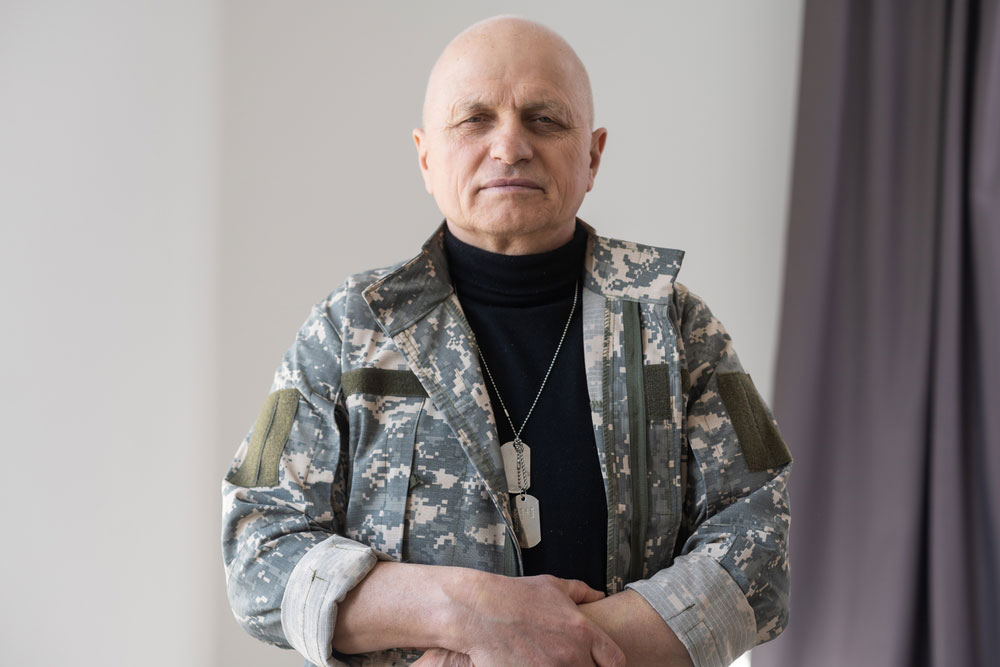The link between PTSD and Alzheimer’s is a critical area of concern in veterans’ health. As we observe Alzheimer’s Awareness Month in November, we must shine a spotlight on veterans’ long-term cognitive abilities. This connection has sparked a significant discussion in the medical community, with numerous studies exploring the potential relationship between these two conditions.
Understanding PTSD in Veterans
While anyone can develop PTSD, it’s especially common among veterans returning from combat. For those coming back from Iraq and Afghanistan, PTSD’s estimated prevalence stands at about 17%. Moreover, PTSD often persists over time. For instance, Vietnam veterans have shown a 20 to 30% lifetime occurrence of combat-related PTSD, with 10 to 15% still affected 15 years post-return. Additionally, research involving older veterans from World War II and the Korean War revealed that up to 12% continued to experience PTSD symptoms like flashbacks, anxiety and mood disturbances for as long as 45 years following their combat service.
Recent research suggests a notable connection between PTSD and an increased risk of developing dementia, including Alzheimer’s disease, a progressive neurological disorder known for its profound impact on memory and cognitive abilities.
- Increased risk: Studies indicate that people with PTSD may have a higher likelihood of developing dementia compared to those without PTSD. This risk factor puts veterans, especially those with PTSD, at a unique disadvantage in terms of long-term cognitive health.
- Cognitive impairment: PTSD’s chronic stress and psychological trauma might contribute to cognitive decline, a precursor to conditions like Alzheimer’s.
Addressing the Correlation Between PTSD and Alzheimer’s
While these findings are significant, they also raise crucial questions about the mechanisms linking PTSD and Alzheimer’s. Does PTSD directly influence the onset of Alzheimer’s, or do the lifestyle and health challenges accompanying PTSD contribute to this increased risk?
Understanding this correlation underscores the importance of early intervention and robust support systems for veterans. Addressing PTSD through comprehensive treatment plans improves immediate mental health and may also reduce the risk of later cognitive decline.
Warrior Vets: Supporting Veterans’ Long-Term Health
At Warrior Vets, we recognize the complexities surrounding veterans’ mental and cognitive health, including the connection between PTSD and Alzheimer’s. Our highly trained team of registered nurses, physicians’ assistants and psychologists provides essential support and care to our veterans, acknowledging the profound impact of their service on all aspects of their health.
As researchers uncover more, our mission of providing the highest-quality occupational health evaluations to people who have served our country remains steadfast. During this month and beyond, our priority will continue to be consistent, while contributing to the broader dialogue on Alzheimer’s awareness and research. Reach out to learn about the services we provide.

